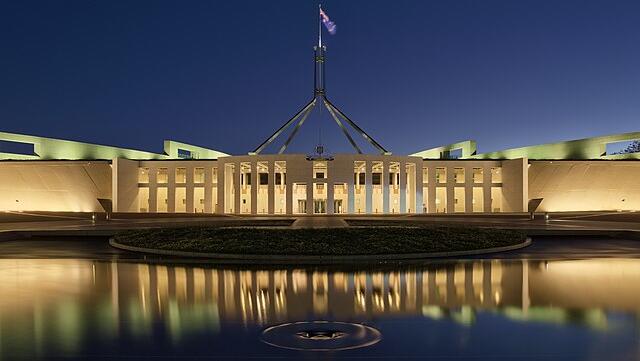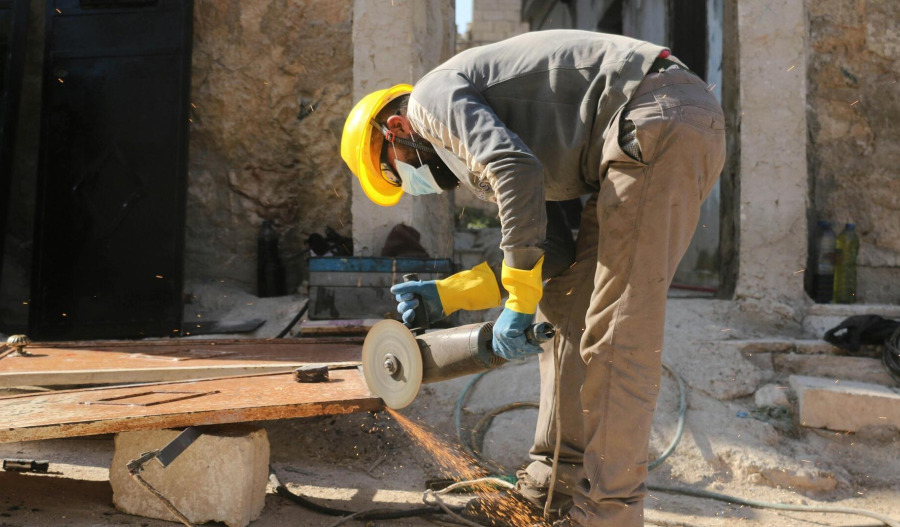An increase in unpaid superannuation has prompted an organisation representing Australia’s largest super funds to call for new legislation to be urgently passed by the new parliament.
The Super Members Council (SMC) has published the results of an analysis of Australian Taxation Office (ATO) data showing the amount of unpaid super has increased by A$600 million to $5.7 billion (US$3.7 billion) in the last 12 months.
The SMC called on the Government and Parliament to vote for new laws requiring employers to pay super at the same time as wages and salaries, in the first 100 days of the new Parliament, which starts sitting on 22 July.
The peak body for industry, public sector and corporate profit-to-member funds managing $1.6 trillion said Pyxis Polling and Insights found more than 70% of 1,000-plus Australians surveyed wanted payday super laws to come into effect on 1 July 2026.
“The message from Australians to all Parliamentarians is loud and clear on passing payday super laws: just get on with it,” Deputy CEO Georgia Brumby said in a media release.
Employers are required to pay the Superannuation Guarantee, which is 12% of wages or salaries, every quarter, which means employees paid weekly, fortnightly or monthly receive it in their super account with a delay.
Support for this change is not unanimous with Australia’s peak taxation and financial advice bodies calling on the Labor Government to postpone the start of the new system for up to two years to give the super industry and small businesses time to prepare.
In the face of this resistance, SMC recommended in its submission to the exposure draft legislation that the Government make small changes to help employers transition to the new payment regime.
These include extending the payment processing deadline from seven calendar days to seven business days, taking a phased approach to ATO enforcement in the early stages to give comfort to employers trying to do the right thing, and letting employers validate a worker’s super account details at any time to prevent processing errors.
The SMC found Australians have missed out on more than $47 billion in unpaid super over the last decade, with the average worker losing $1,730 in the 2023 financial year, and it cost them more than $30,000 from their final retirement nest egg.



